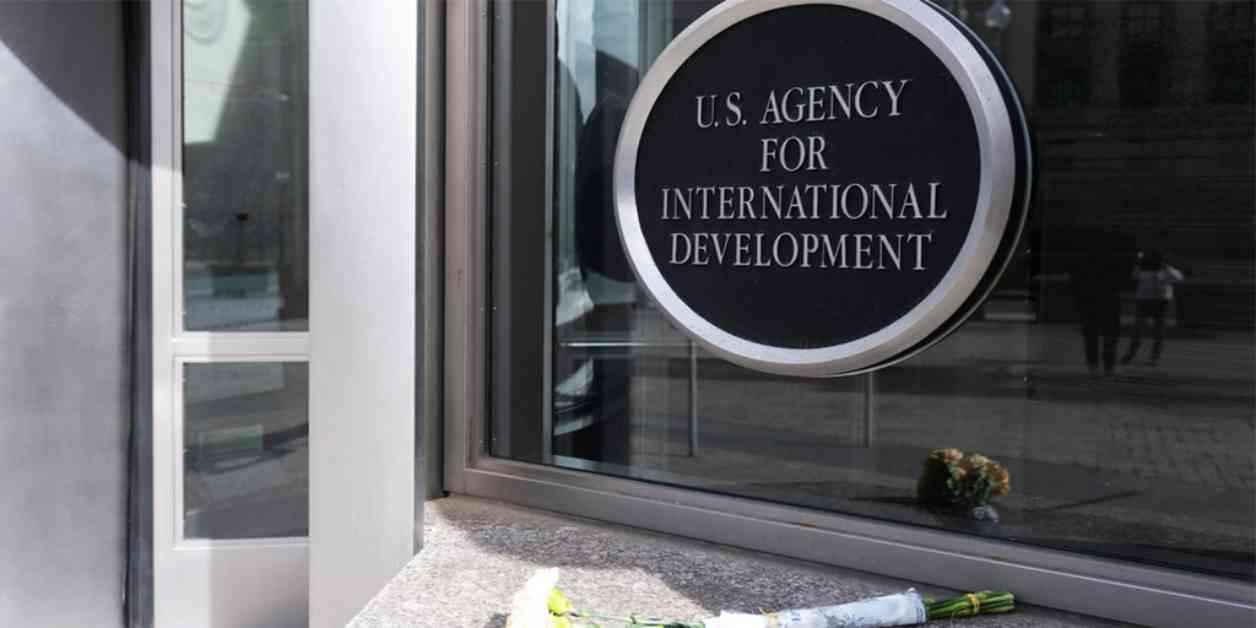A federal judge has recently made a significant ruling compelling the Trump administration to lift its freeze on U.S. foreign aid, after a lawsuit brought by two health organizations that receive funding for programs abroad. The order, issued by Judge Amir Ali in U.S. district court in Washington, comes after a three-week pause on funding for thousands of U.S. Agency for International Development (USAID) aid programs. While the administration cited the need for a comprehensive review of each program to determine potential eliminations, Judge Ali questioned the necessity of a “blanket suspension” before a thorough assessment was conducted.
The Trump administration’s decision to halt foreign aid programs has sparked debate and raised concerns about the future of USAID, an agency established in 1961 under the Kennedy administration. With Secretary of State Marco Rubio hinting at the agency’s possible abolition following a reorganization, the court order to temporarily reverse the funding freeze has brought attention to the broader implications for international aid efforts.
Expert Analysis: Impact on Global Aid Efforts
Experts in the field of international aid and development have expressed mixed reactions to the recent court ruling. While some believe that the temporary reversal of the funding freeze is a step in the right direction to ensure continuity of crucial aid programs, others caution that the uncertainty surrounding the future of USAID could have long-term repercussions on global humanitarian efforts. Dr. Sarah Thompson, a leading researcher in global health and international development, emphasizes the importance of stable funding for aid programs, stating, “Any disruptions in foreign aid can have a ripple effect, impacting vulnerable communities and undermining progress made in key areas such as healthcare and education.”
Political Ramifications and Public Response
The court’s decision to compel the Trump administration to resume funding for foreign aid programs has also sparked political debates and public reactions. Critics of the administration’s freeze argue that the abrupt suspension of aid without comprehensive review jeopardizes the livelihoods of millions of people who rely on international assistance. On the other hand, supporters of the administration’s stance highlight the need for fiscal responsibility and a thorough evaluation of aid programs to ensure effectiveness and efficiency.
As the legal battle over U.S. foreign aid funding continues, the future of USAID remains uncertain. Whether the agency will undergo significant reorganization or face potential abolition, the recent court order serves as a reminder of the complex interplay between political decisions and humanitarian efforts on a global scale. In the midst of these developments, the ultimate impact on vulnerable populations and the broader landscape of international aid remains a critical concern for policymakers, advocates, and the public alike.


